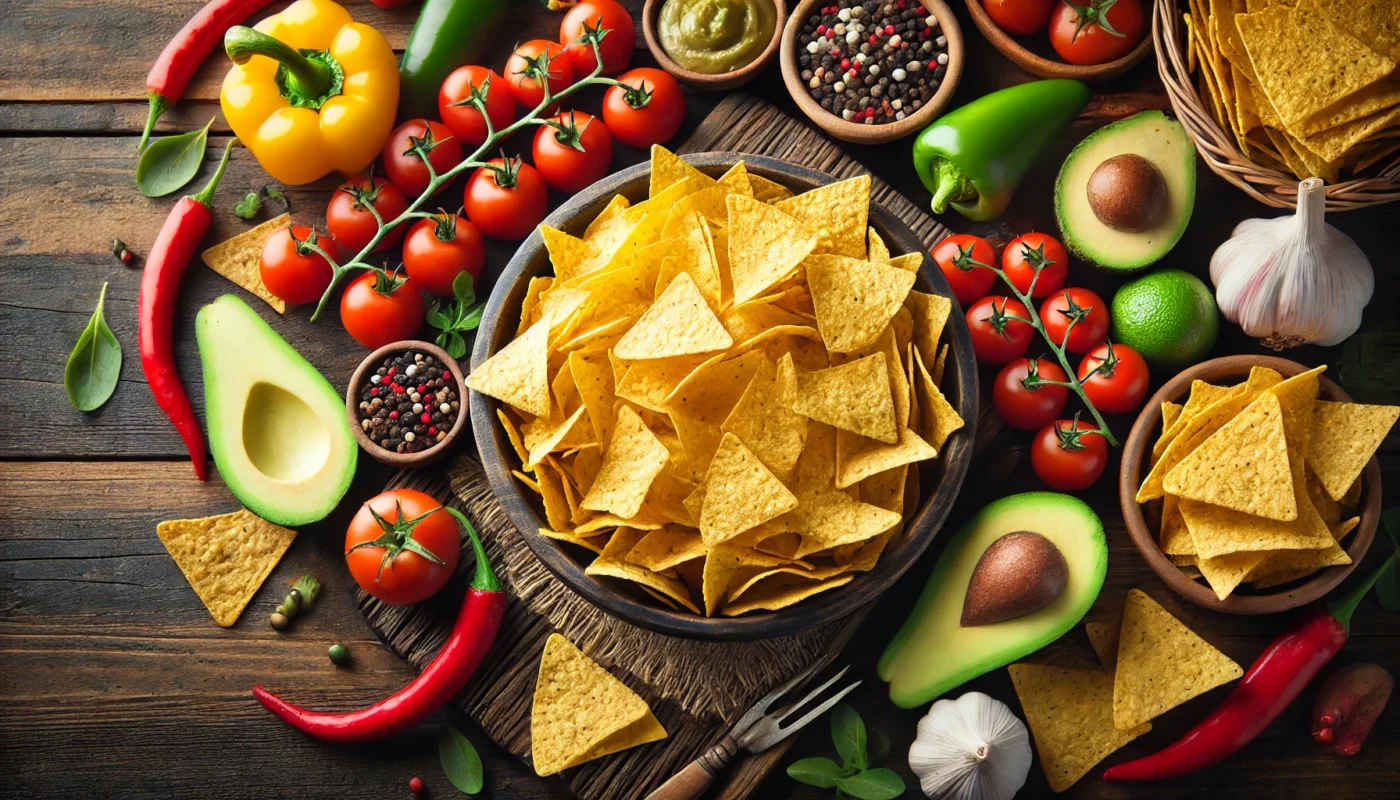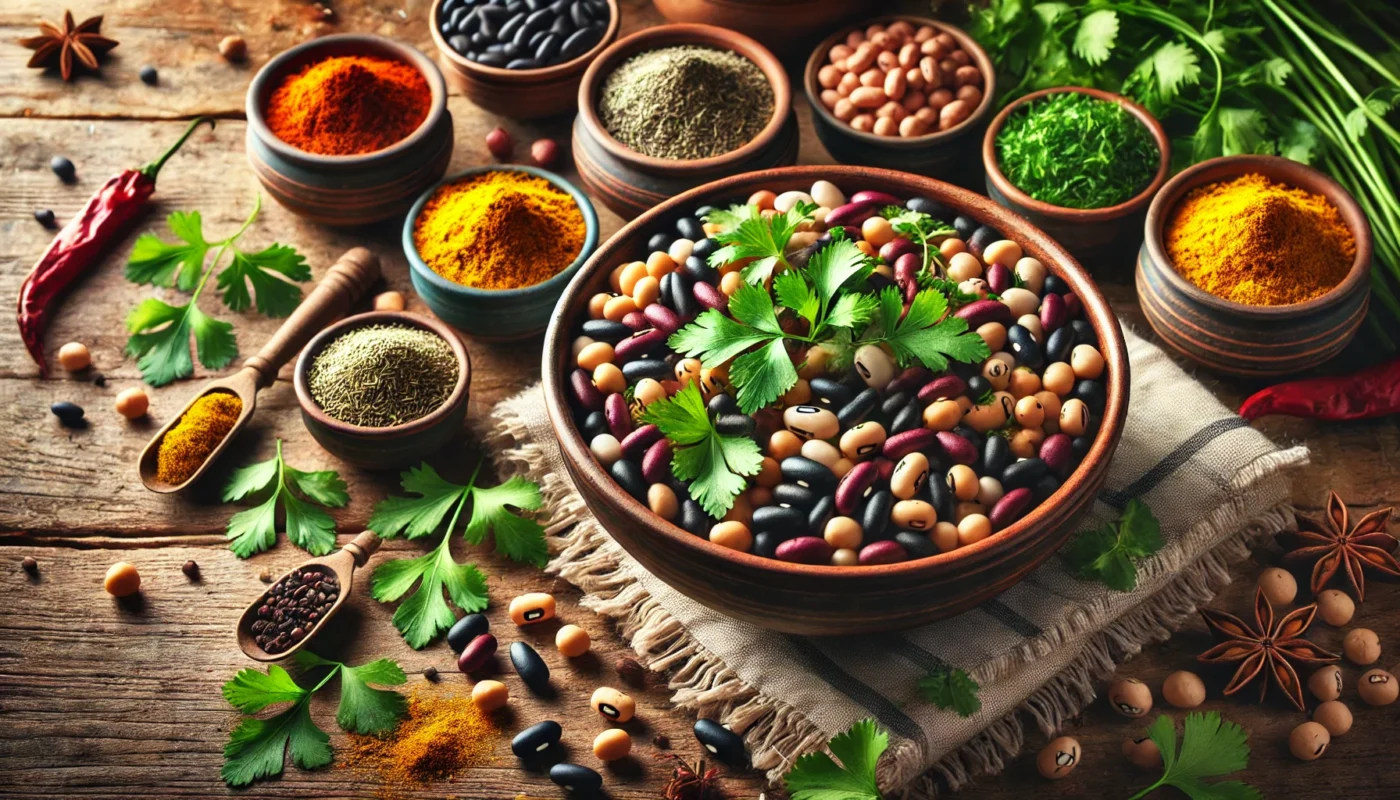Eggs are a staple in many diets. They’re packed with essential nutrients, making them a popular choice for breakfast and beyond.
But do eggs cause inflammation? This question has sparked much debate among health enthusiasts and medical professionals alike.
Inflammation is a natural response of the body. However, chronic inflammation can lead to various health issues, including heart disease and arthritis. Diet plays a crucial role in managing inflammation, and understanding the impact of specific foods is key.
Eggs have a complex nutritional profile. They contain elements that could potentially contribute to inflammation, but also compounds that might help alleviate it. This complexity makes the relationship between eggs and inflammation far from straightforward.
This comprehensive guide aims to shed light on this topic. We’ll delve into the scientific research behind the inflammatory or anti-inflammatory properties of eggs. We’ll also explore how eggs might affect various health conditions, such as arthritis and joint pain.
Moreover, we’ll provide practical advice on incorporating eggs into an anti-inflammatory diet. We’ll also discuss the potential effects of other related foods like turkey and chicken breast.
Whether you’re a fitness enthusiast, a health-conscious individual, or a medical patient, this guide will help you make informed dietary choices. Let’s embark on this journey to better understand the role of eggs in inflammation.








